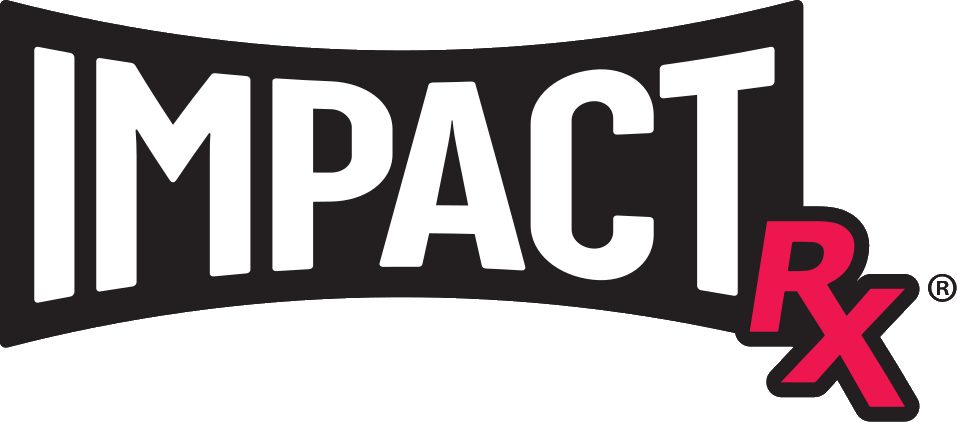When you’re not sleeping well, it affects your mental, physical and emotional health. Teeth grinding, or bruxism, can keep you up at night but eating the right diet can help you reduce stress and get a better night’s sleep.
In fact, nutrients such as vitamin B6, calcium and foods high on the glycemic index can help you fall asleep. And others, including magnesium and potassium, are believed to help you stay asleep longer. Tryptophan is an essential amino acid your body uses to make serotonin, which helps make people sleepy and also maintain a stable mood. Your body can’t produce serotonin on its own, so you need to get it through your diet.
So what are the secret ingredients to sleeping well? Here’s a list of healthy foods you can add to your diet if you want to improve your sleep:
- Seafood: Most fish contains vitamin B6, which is needed to make melatonin. Melatonin is a hormone that regulates sleep and wakefulness in humans. Fish such as halibut, salmon and tuna contain especially high amounts of vitamin B6, so try to eat them often. Lobster and shrimp contain tryptophan.
- Rice: Eating high-glycemic-index foods can boost tryptophan production. These foods digest slowly, releasing glucose into the bloodstream gradually and reducing the amount of time it takes to fall asleep. According to The American Journal of Clinical Nutrition, people who ate jasmine rice fell asleep faster than those who ate other types of rice. Pretzels and corn chips also have a high glycemic index. After eating these foods, you’ll get a natural spike in your blood sugar and insulin levels, shortening the time it takes you to fall asleep.
- Tart Cherry Juice: Not many foods in nature contain melatonin, but cherries do. Melatonin helps control your body’s internal clock. According to studies, drinking tart cherry juice resulted in small improvements in the duration and quality of sleep in adults who suffered from chronic insomnia.
- Calcium-rich Foods: Research has found a connection between calcium deficiency and difficulty falling asleep. Yogurt and milk contain calcium, and milk also contains tryptophan. Green leafy veggies also provide healthy doses of calcium.
- Nuts: Walnuts contain tryptophan and, according to University of Texas researchers, they contain their own source of melatonin. Almonds are rich in magnesium, a mineral needed for quality sleep. A study published in the Journal of Orthomolecular Medicine found that when your magnesium levels are too low, it’s harder to stay asleep.
- Whole Grains: Want to stay asleep longer? Try foods containing magnesium-rich grains, including bulgur, barley, quinoa and buckwheat.
- Bananas: Eating a banana before bedtime might benefit you. Bananas help encourage sleep because they contain natural muscle relaxants, magnesium and potassium. They also contain carbs, which will help make you sleep. Bananas also are a good source of vitamin B6.
- Fortified Cereals: The next time you buy cereal for your family, check the label for vitamin B6. Eating a bowl of B6-fortified cereal fortified with milk can result in a better night’s sleep.
- Sweet Potatoes: Like bananas, sweet potatoes contain potassium, which acts as a muscle relaxant. They also contain sleep-boosting complex carbohydrates.
Foods rich in vitamin B6, magnesium, potassium and calcium help promote sleeping well. If you’re suffering from sleepless nights caused by bruxism, a healthy diet including the foods above can help you get a better night’s sleep, while a quality dental guard will protect your teeth from the effects of grinding and clenching. Visit www.sleepright.com to find a dental guard that’s right for you. And don’t forget to eat a sleep-inducing snack before bedtime.



